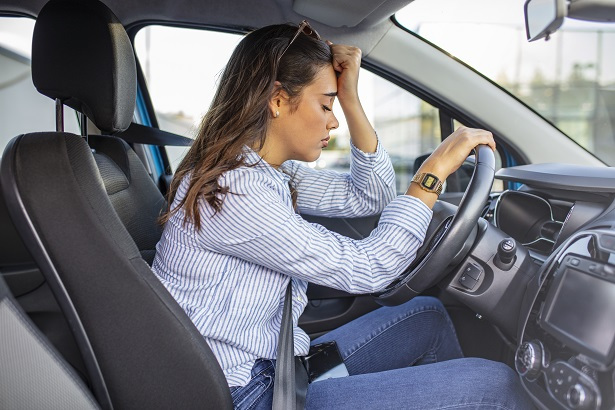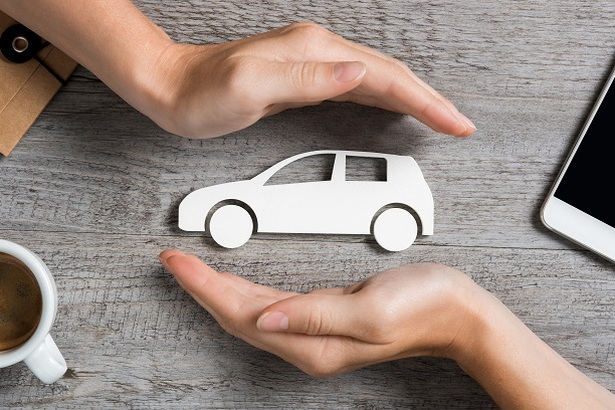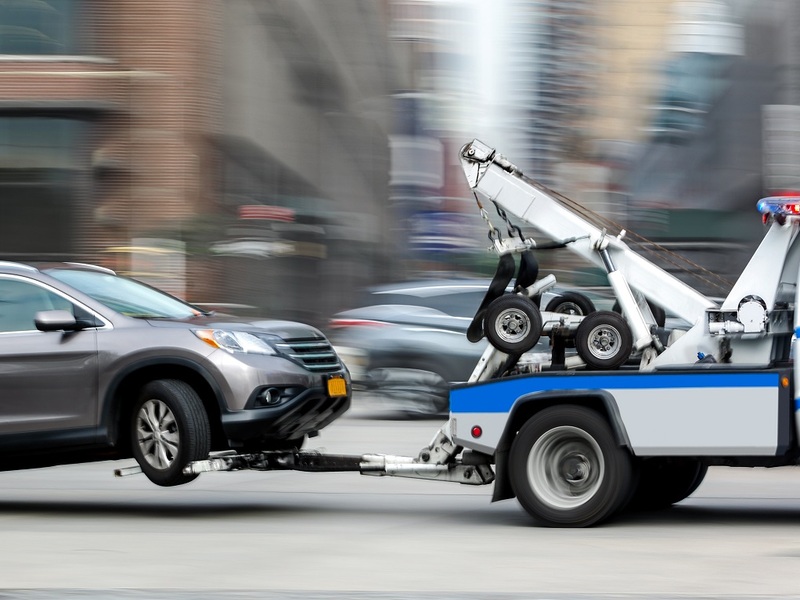If you're facing financial hardships during the COVID-19 crisis, you're not alone. As the majority of businesses are forced to close, an unprecedented number of jobs have been cut or temporarily suspended, resulting in a staggering 26.5 million unemployment claims. If you've been furloughed, laid off, or your income has been reduced, your car payment may feel like a huge weight on your shoulders. Missing car payments can ultimately lead to damaged credit and vehicle repossession, but the good news is auto lenders understand it's a challenging time and are offering flexible payment options.
Vehicle Repossession During COVID-19

Usually, missed car payments come with serious consequences including a destroyed credit rating and involuntary repossession. Lenders will typically report missed payments to the credit bureau when they are 30 days late, and most repos occur after 2-3 months of missed payments. If your payment history is rocky, the likelihood that your vehicle will get repossessed significantly increases, and it is possible for your car to get repossessed after just one missed car payment.
The COVID-19 pandemic has made everything, including vehicle repossession, uncertain. According to CNET, there is proposed legislation to limit or prohibit vehicle repossession during the crisis, but it is not consistent from state to state. There is also some ambiguity about whether or not repo companies are considered "essential" and if they are allowed to operate during stay-at-home orders. Even though it's less likely that your car may get towed away in the next few weeks, it does not give you a free pass to miss your car payments without contacting your lender.
Don't Ignore the Problem

If you've lost your source of income and can't make your car payments, the worst thing you can do is bury your head in the sand and ghost your lender. Auto lenders understand that many people have lost their source of income and will likely be willing to work with you. Captive lenders have announced special assistance programs to help customers during the pandemic, as have some banks.
For example, Hyundai has brought back its 'Hyundai Assurance' program which was first launched in 2009 during the recession. The job loss protection program means Hyundai is covering up to 6 months of car payments for those that recently bought their vehicle and lost their job.
Other lending institutions like Wells Fargo, Ally Financial, and Capital One have created dedicated hotlines for their customers to address concerns. Most lenders state that they will help customers on a case-by-case basis, so your best course of action will be to call your lender as soon as you know you know you won't be able to make a payment.
Have a Game Plan

Before contacting your lender, you should consider the options for how to proceed so you can be prepared for the conversation. Your choices include deferring the car payment, refinancing the auto loan, or using your COVID-19 stimulus check to cover one or two payments to buy you some time.
Lenders will likely offer some flexibility for your car payments during the crisis, especially if you've recently lost your source of income. Most will let you defer for one to three months and then either pay a higher loan amount or extend the terms of the loan to make up the difference. While you're not off the hook for the loan payments, deferring gives you some time to get back on your feet and protects you from losing your vehicle.
If you have no luck deferring your car payment, you can try refinancing your auto loan to get a lower, more manageable monthly payment. Refinancing means you'll extend the terms of your loan and reduce your monthly payments. Although it can provide a short term solution, the overall cost of the loan will grow due to the additional interest building up over the lifetime of your loan. No matter which course of action you choose, you can take control and prevent involuntary repossession of your vehicle by keeping the line of communication open with your lender.


